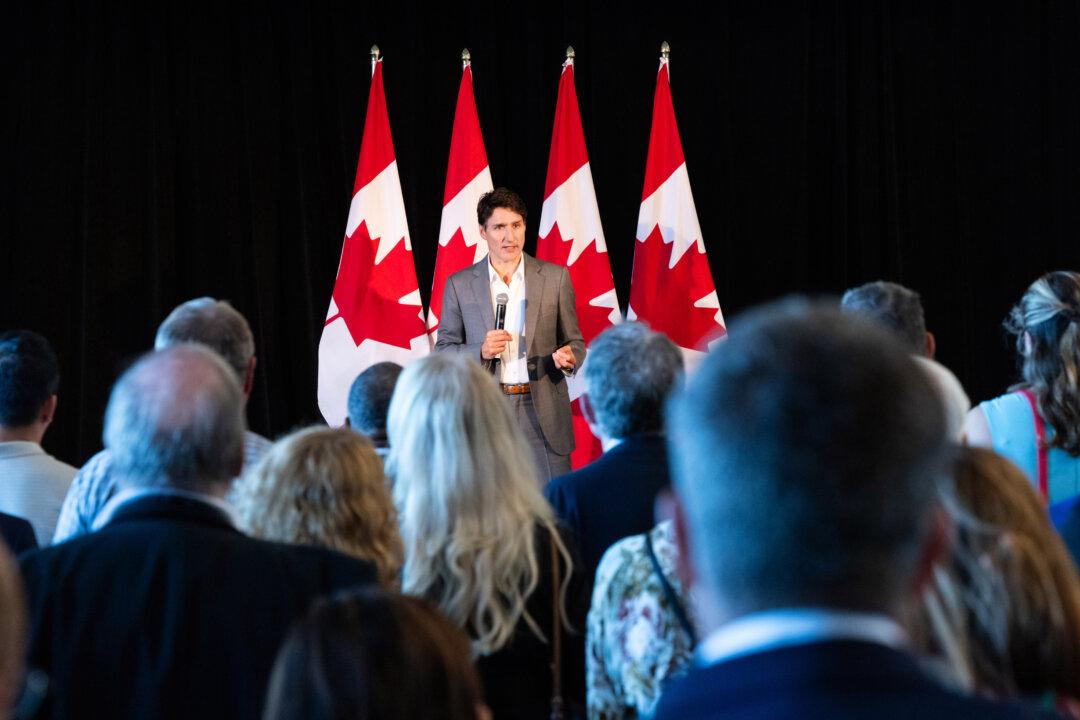Facing political headwinds, the Liberal cabinet has wrapped up its annual summer retreat in Halifax before the full party caucus meets and stares down another key byelection next month.
Liberal ministers had gathered in Halifax to discuss addressing issues like the cost of living and ways for Canada to strengthen its relationship with the United States as the country faces a potentially pivotal presidential election.





